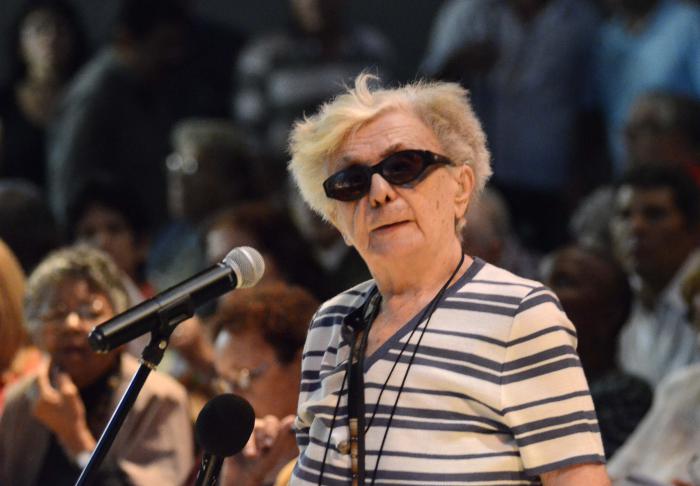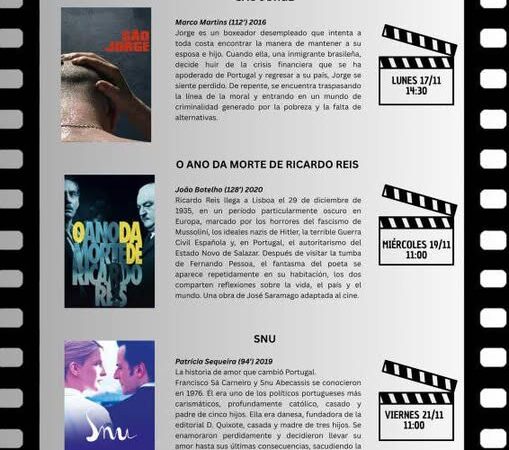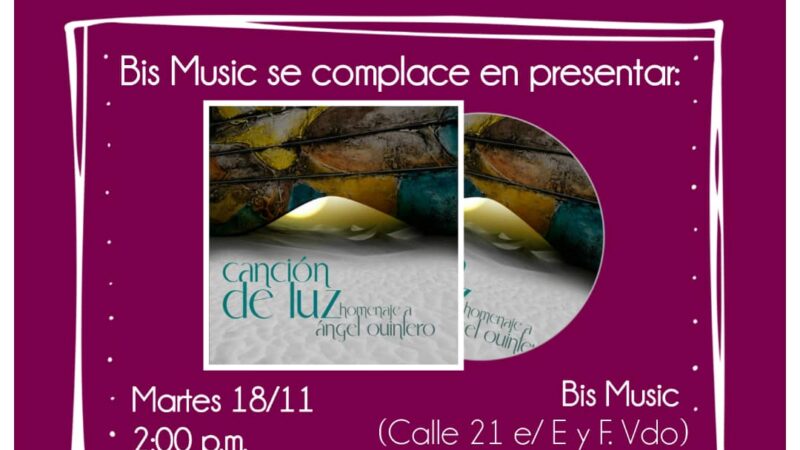Graziella Pogolotti and Cuba’s Adoption

Graziella Pogolotti stands as a beacon of intellectual thought in its most fundamental and perhaps most neglected form: critical thinking rooted in commitment and perspective, the defense of such ideals, and the foundation of her analyses in the interplay between ideas, practices, and their intrinsic dialectics.
A profound and versatile intellectual, as described by Marta Rojas, Pogolotti continually impresses with her exceptional insights. “She is accustomed to observing everything, asking questions to those who have the privilege of enlightenment. She knows how to listen to others in silence. For many years, she has had devoted readers and keeps herself informed about global events and significant cultural milestones, starting with literary trends. Curiosity is one of Graziella Pogolotti’s undeniable hallmarks, enriching her knowledge. That is why she always knows what’s new.”
Her life weaves together various roles, encompassing art critic, essayist, researcher, professor, and philosopher—all pursued with singular dedication. This commitment reflects both her passions and the demands of her times, addressing the essential and urgent. Among her experiences are efforts to promote visual arts in Cuba and theater in Escambray.
Journalist Elina Miranda Cancela highlights Pogolotti’s role in advancing Cuban intellectual endeavors, which extend beyond her work in Escambray to other significant contributions: “Her lucid reasoning, measured advice, decisive arguments, intellectual honesty, unwavering commitment, solid and extensive cultural foundation, persistence, and discipline in her tasks, as well as her remarkable humanity, are traits fondly remembered by former students and colleagues. … Only Dr. Pogolotti’s clear understanding, timely counsel, and Socratic teaching abilities could guide us out of difficult situations and educate us in critical thinking, intellectual openness, and social sensitivity.”
As a member of the Cuban Academy of Language and Vice President of the Union of Writers and Artists of Cuba (UNEAC), Pogolotti has received numerous accolades, including the National Award for Artistic Education, the National Literature Prize (2005), the José Martí Order, and the Dignity Award.
Her research work also reflects her dedication to fostering education and culture as cornerstones of a national project. This commitment is evident in many of her writings, such as Para hacer un país.
“A country is built through the participation of many hands. Many of these remain anonymous—those who work the land and harvest sugarcane, rising to challenges posed by nature and climate change. They are the ones who build roads and houses, care for everyone’s health, transmit knowledge to new generations, and open the gates to new knowledge to meet everyday demands. They are, in essence, those who dedicate themselves to meeting the material needs of life for their benefit and that of others.»
“Although we may not be fully aware of it, this present labor is accompanied by the creation of an imaginary woven from personal experiences and a collective memory preserved in books, education, and mass media, as well as in the living experiences of generations sharing each historical moment.”
For Abel Prieto, President of Casa de las Américas, Pogolotti is: “Equally a highly respected educator, free from rhetoric and rigid schematics, always approachable, always a companion to her students and young people. Communication with the youth has been her obsession: maintaining a fluid and constant dialogue with them. Graziella is also a unique columnist, profound yet accessible, capable of surprising us every Sunday with unexpected truths about historical events, themes, and figures we thought we knew well.”
A life as rich and multifaceted as Pogolotti’s leaves no room for internal doubts. Forged in the crucible of history, from the trenches of thought and the dissemination of liberating culture and ideas, Pogolotti approaches another year of life, ever conscious of the value of purposeful work:
“I believe that in every battle of life, even the most successful ones, there are always scars. Every battle brings losses but also gains, achievements, and new perspectives. The beautiful scars I carry are those born from concrete struggles in which I became involved throughout my life.”
Translated by Luis E. Amador Dominguez



